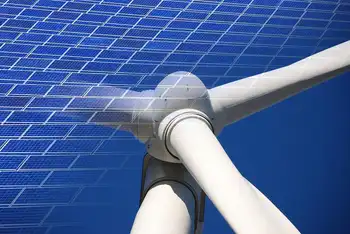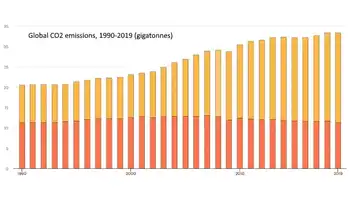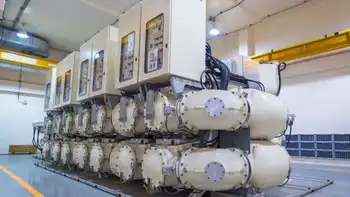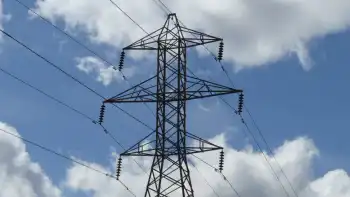ElBaradei wants answers on Iran's nuclear plans
Vienna -- - The governing board of the U.N.'s nuclear watchdog are in talks about an agency report on Iran which calls for further inspections of its nuclear programme to answer many open questions, diplomats said.
The governors have already received copies of the report from Mohammed ElBaradei, head of the International Atomic Energy Agency (IAEA).
In the confidential report, the Vienna-based IAEA accuses Iran of failing to comply with its IAEA safeguards agreement aimed at preventing it from secretly developing nuclear weapons.
"A number of red flags are up," a diplomat familiar with the IAEA's recent safeguards inspections in Iran told Reuters. "There are many questions that need to be answered."
What ElBaradei will not do in his presentation on Iran at the governors' meeting is recommend political steps be taken to force greater cooperation by Iran, the diplomat said.
There have been media reports that the United States was pushing the IAEA to declare Iran in "non-compliance" of its U.N. safeguards obligations. This would require reporting it to the U.N. Security Council, which has the power to impose sanctions.
"I think he (ElBaradei) wants the member states to realise that there is a technical process underway, inspections, and that he doesn't want it to become a political issue at this point," the diplomat said on condition of anonymity.
Washington has accused Iran -- declared by the United States a member of an "axis of evil" -- of tailoring its nuclear energy programme to enable it to make weapons. Iran has vehemently denied it wants to do anything other than generate electricity at its nuclear facilities.
IAEA CHIEF WANTS FULL SUPPORT
Diplomats from several of the board's 35 members told Reuters ElBaradei could count on a statement of full support from the board calling for continued IAEA inspections in Iran.
The board will also call on Iran to sign an "additional protocol" to its IAEA safeguards agreement, permitting wider access and more intrusive inspections at short notice. Iran has yet to sign it despite intense international pressure to do so.
Due to the many questions Iran still has to answer, the IAEA will issue another report in September. Diplomats indicated they might move to report Iran to the Security Council then if Tehran failed to clear up the many doubts about its atomic programme.
The European Union is due on Monday to demand that Iran accept "urgently and unconditionally" tougher inspections of its nuclear programme, linking compliance to a pending trade deal.
The June 6 report details Iran's failures to comply with its IAEA safeguards agreement, which it signed in May 1974. This agreement is a key part of the nuclear Non-Proliferation Treaty, the global pact aimed at halting the spread of nuclear arms.
One open question relates to Iran's conversion of uranium powder into uranium metal.
"The role of uranium metal in Iran's declared nuclear fuel cycle still needs to be fully understood, since neither its light water reactors nor its planned heavy water reactors require uranium metal for fuel," said the report.
Uranium metal has few civilian uses but is a key ingredient in nuclear weapons, nuclear experts say.
Sources close to the IAEA inspectors told Reuters last week that Iran had twice rejected the agency's request to take environmental samples at the Kalaye Electric Company, where parts for uranium-enriching centrifuges were built.
These centrifuges could be used to make weapons-grade highly-enriched uranium.
Related News
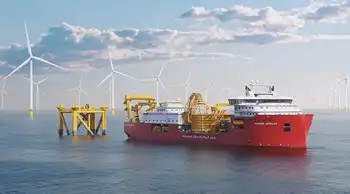
Ireland and France will connect their electricity grids - here's how
DUBLIN - France and Ireland signed contracts on Friday to advance the Celtic Interconnector, a subsea electricity link to allow the exchange of electricity between the two EU countries. It will be the first interconnector between continental Europe and Ireland.
Representatives for Ireland’s electricity grid operator EirGrid and France’s grid operator RTE signed financial and technical agreements for the high-voltage submarine cable. The countries’ respective energy ministers witnessed the signing.
European commissioner for energy Kadri Simson said:
In the current energy market situation and the need to move away from imports of Russian fossil fuels, European energy infrastructure has become more important than…

